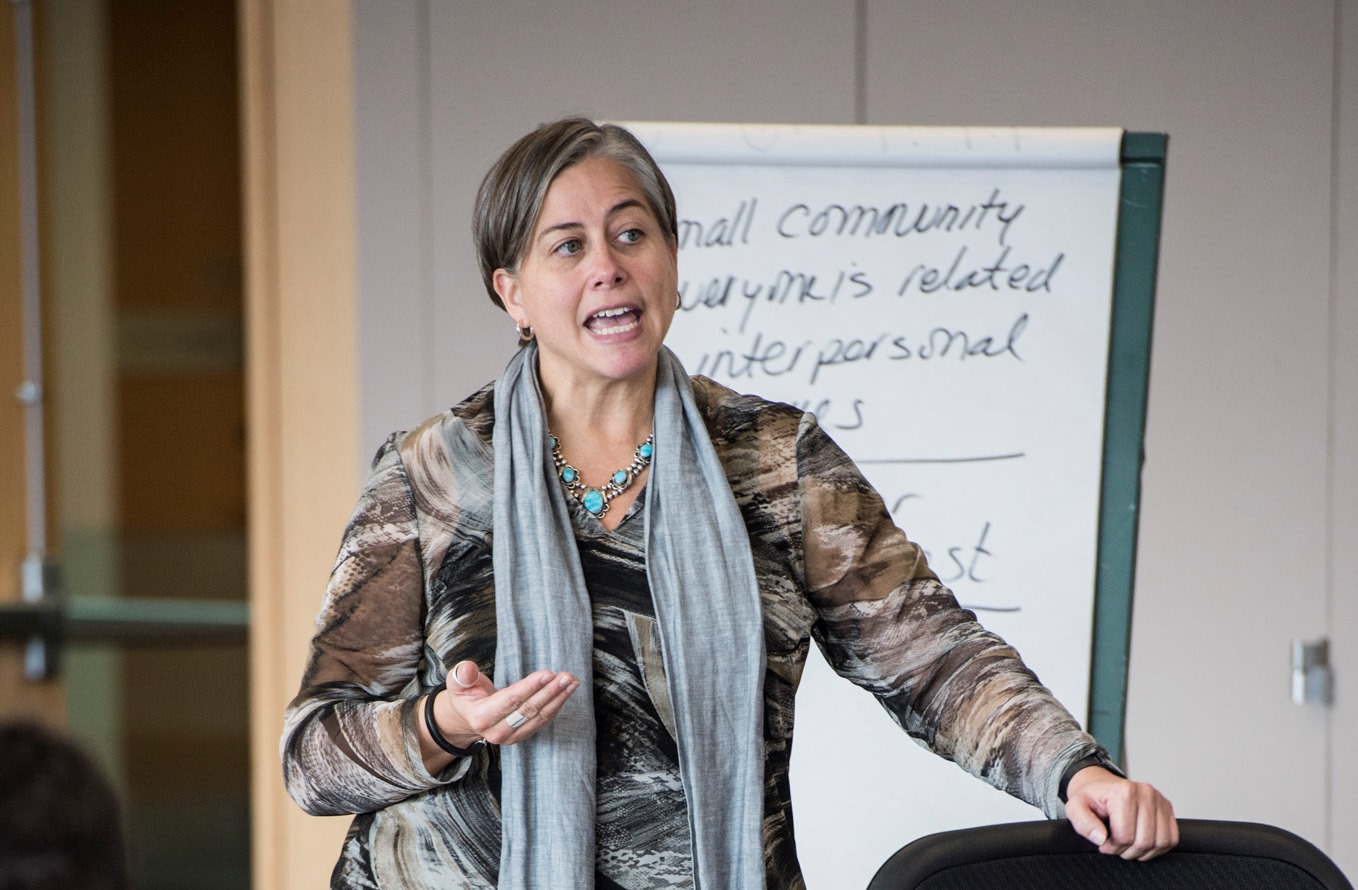Identity and Culture: Building Blocks for Indigenous Governance

First Nation, Métis, and Inuit leaders across Canada are recognizing the need to establish, strengthen, and implement their own systems of governance and economic development.
This ongoing desire for increased accountability to citizens and shareholders is being observed from coast to coast to coast. Central to this important community work is a focus on culture and identity as a foundation for strong Indigenous governance.
In other words, culture matters!
A literature review of best practices in Indigenous community development conducted in 2010 by Banff Centre identified seven key success factors including “identity and culture.” The resulting Wise Practices report argues that the most successful Indigenous leaders have a strong understanding and knowledge of their culture, history, and their traditional territories, and they incorporate these cultural values and principles into their systems and organizations to guide how they govern.
The Wise Practices model, with its seven elements of success,has become a guide for the dialogue on “good governance”. In Indigenous Leadership and Management’s week-long programs, Indigenous leaders explore what it means to be more resilient and effective, practicing good governance for the benefit of their communities and future generations.
For too long, Indigenous business and community organizations have adopted only the principles and practices of the non-Indigenous mainstream business world. This has resulted in overlooking Indigenous values, principles, and traditional systems of governance. The better approach is to learn modern business and management knowledge in conjunction with traditional knowledge.
A highlight of the weeklong programs at Banff Centre is hearing how communities are supporting each other through sharing their struggles, how challenges were overcome, and celebrating the accomplishment of successful enterprises. The Wise Practices approach respects that the knowledge and experience within Indigenous communities and organizations will lead to achieving great success. Through learning from each other, adapting Wise Practices that make sense for various communities and organizations, and by keeping identity and culture at the forefront of all community development, more successes will be achieved across Canada. The strong commitment to keep traditional knowledge alive is a great starting point for good governance.
The literature on Indigenous governance is growing, as are the examples of strong Indigenous communities and business organizations. A few of these success stories are included in Banff Centre’s Best Practices in Rural Alberta Project that builds on the Harvard Project on American Indian Economic Development. These case studies provide a systematic approach to understanding the critical success factors, which in turn can be applied by Indigenous communities and business organizations across Canada. Additional examples are highlighted in the Governance Toolkit developed by the National Centre for First Nations Governance, a national non-profit organization supporting Indigenous governance. What sets these community and business success stories apart from their mainstream counterparts is the focus on identity and culture that is inherent in their systems of knowledge and practice.
Margaret Froh is the lead faculty for the Leading Teams: Good Governance for Councils and Boards program. She has a law degree from the University of Toronto Faculty of Law and has presented at conferences and guest lectured at various law schools on Indigenous legal matters.